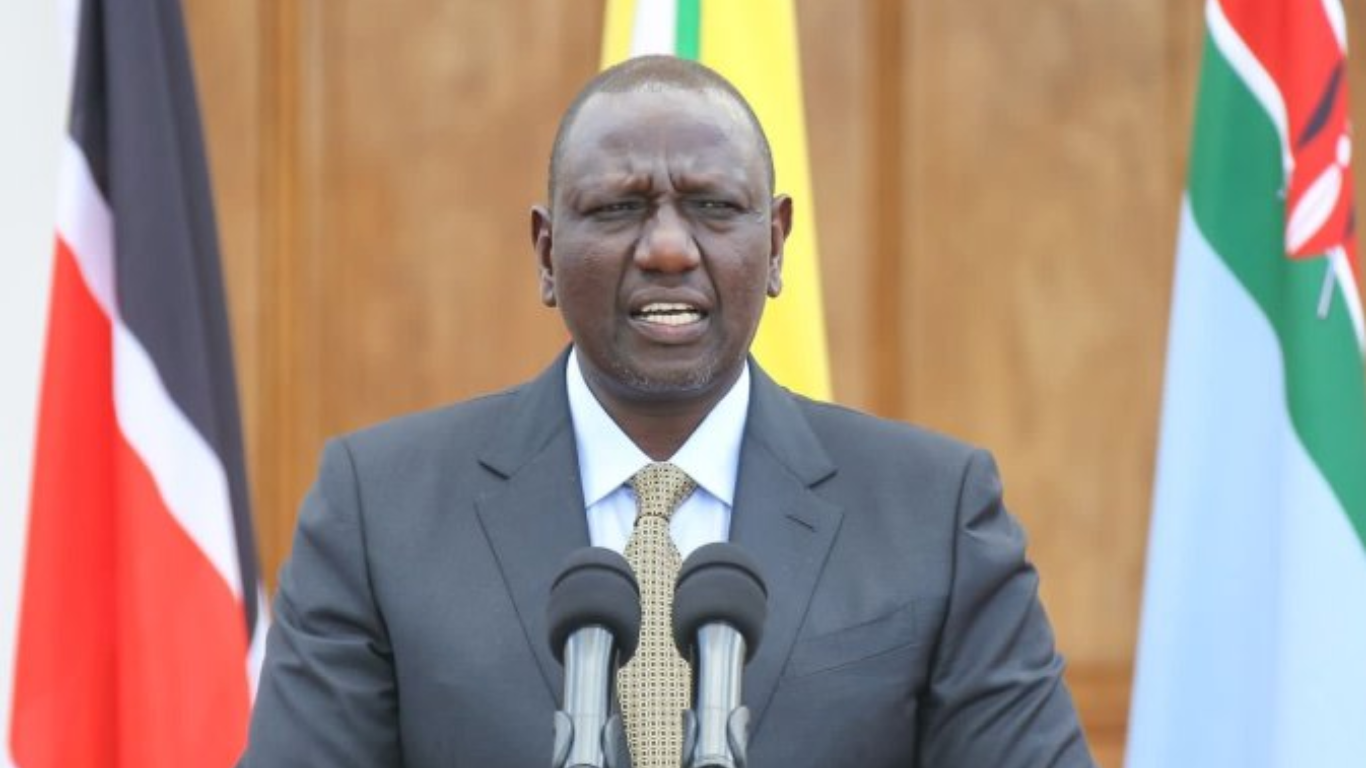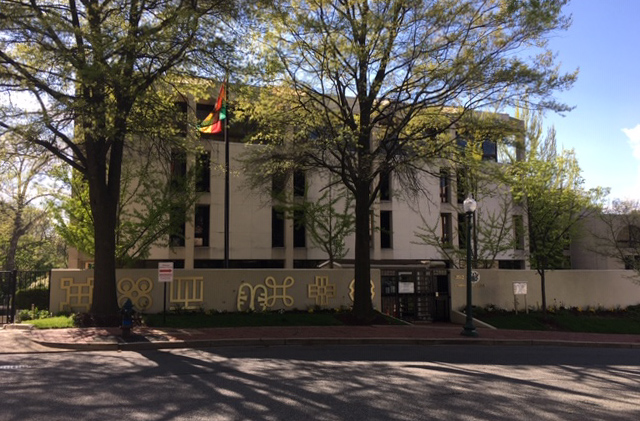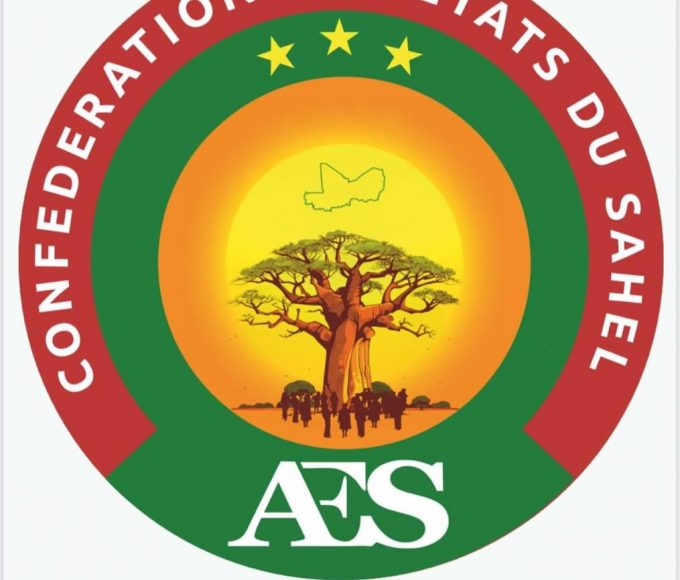
Kenya’s Ruto Declines To Sign Contentious Finance Bill, Returns It To Parliaments

Kenya’s President William Ruto has declined to assent to the contentious Finance Bill that has led to the death of over 23 anti-tax protesters and continuous unrest across regions in the country.
Sources within the State House revealed on Wednesday that the Bill would be sent back to parliament before the house break for recess.
This is due to Ruto’s proposed draft of amendments to the bill, which, according to Kenya’s Constitution, parliament members (MPs) will have to debate for consideration.
Section 115 (2)(3) of the Constitution stipulates that “If the President refers a bill back for reconsideration, Parliament will either (a) amend the bill in light of the President’s reservations or (b) pass the bill a second time without amendment. – If Parliament amends the Bill fully accommodating the President’s reservations, the Speaker shall re-submit it to the President for assent.”
In return for the bill, Ruto will point out the part that needs to be altered for the MPs. However, this must be supported by two-thirds of the members.
Meanwhile, with the report that the MPs are set to go on recess beginning today until July 23, and should the President return the documents within fourteen days, the speaker may have to recall the members.
With this move, many Kenyans suspect the president is buying time to gain international support and wear down public resistance before passing the bill.
Some of the tax proposals introduced in the bill, which have since been dropped, include 16 per cent VAT on bread, excise duty on vegetable oil, VAT on transportation of sugar, 2.5 per cent motor vehicle tax, and Eco Levy on locally manufactured products.
Read more: Updated: Fire Outbreak at Dangote Petroleum Refinery in Lekki Free Zone
About The Author
Mayowa Durosinmi
author
M. Durosinmi is a West Africa Weekly investigative reporter covering Politics, Human Rights, Health, and Security in West Africa and the Sahel Region
Mayowa Durosinmi
M. Durosinmi is a West Africa Weekly investigative reporter covering Politics, Human Rights, Health, and Security in West Africa and the Sahel Region
Related Articles
Cotê D’Ivoire: Thousands Rally in Abidjan as Opposition Demands Electoral Reforms Ahead of October Election
Thousands of opposition supporters gathered in Abidjan on Saturday, May 31, to...
ByJoy ChukwuJune 1, 2025Togo Stops Issuing Mining Permits to Reform Outdated Mining Code
Togo has suspended the issuance of new mining permits for prospecting and...
ByJoy ChukwuJune 1, 2025ICYMI: Ghana Shuts Down Washington Embassy Over Visa Fraud Scandal
Ghana has temporarily closed its embassy in Washington, D.C., following the uncovering...
ByJoy ChukwuMay 31, 2025Confederation of Sahel States Moves to Establish Joint Judicial Body
The Confederation of Sahel States (CSS), comprising Mali, Niger, and Burkina Faso,...
ByJoy ChukwuMay 31, 2025











